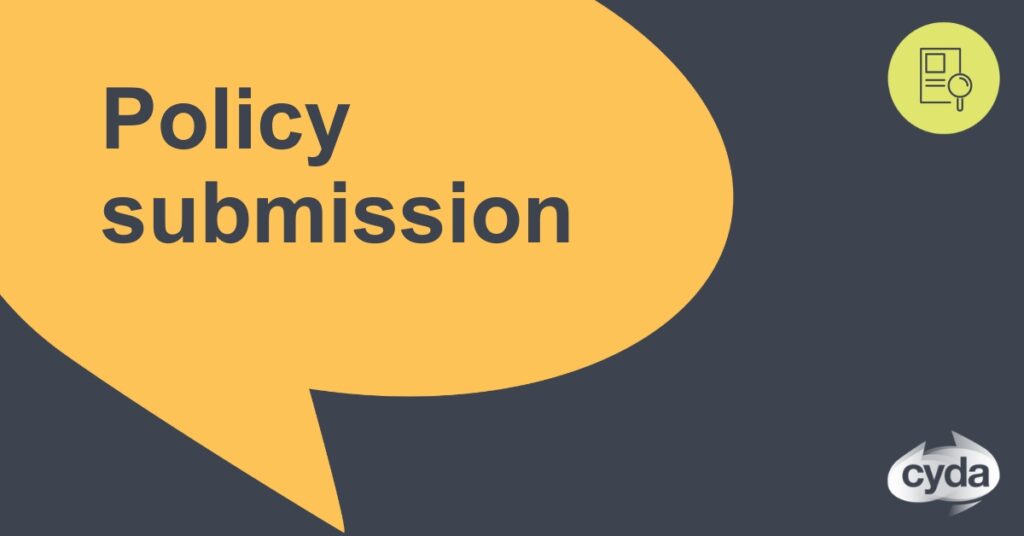Though Children and Young People with Disability Australia is encouraged the National Disability Insurance Agency (NDIA) is developing a decision making framework to support participants to have more control at an individual level, the scope of what limits children and young people’s ability to have genuine choice and control within the National Disability Insurance Scheme (NDIS) is beyond just that level.
Despite the majority of NDIS participants being aged 25 years and younger, there is no real targeted strategy to ensure their voices are influencing policy and processes – from decisions made at the very top to day-to-day practices.
Download our full submission using the buttons above.


